For some, life comes faster than you’re able to process. Appointments and schedule start to overwhelm and consume the day, almost to the point that daily activities end up being postponed or just plain neglected. Multitasking is a great way to combat the fast-pacing of everyday life. One example of “multitasking” is by meal prepping. Cooking is a very time-consuming activity, which some people don’t have the luxury of taking the time out to do so.
This is where meal prepping comes in handy. For instance, is it possible to slow-cook your meal overnight while you sleep? The answer might surprise you.
Contents
Can I leave food in a slow cooker overnight?
The short answer is yes. It’s completely safe to cook food in a slow cooker overnight. This is actually a great option when it comes to meal-prepping for the night before. You can put your slow cooker on either low or high overnight, and everything should be entirely safe. Just make sure to switch the setting to warm after waking up the next morning. This works incredibly for larger meal portions as well.
How long can you leave food in a slowcooker?
In most cases, the general consensus is to leave your food on warm for about two to three hours. After the maximum of four hours has passed with the slow cooker on warm, it’s recommended for the food to be stored into the fridge.
It’s one thing to cook food overnight, but it’s another thing to keep it warm and ready-to-serve for the next day as well. Even though most slow cooker recipes are meant to be cooked for long periods of time, this doesn’t necessarily mean that you won’t come home to mushy veggies and bland soup.
It’s best to follow the recommended time the recipe states to leave your slow cooker on. It’s up to you as the cook to decide whether to cook your food on slow (which could take from eight to 12 hours) or on high (which could take up to four to six hours). For those with more modern slow cookers, you’re in luck!
Newer models of slow cookers have a digital timer which can automatically transition to the warm setting after the set duration is finished. However, don’t rely on technology too heavily.
How often do slow cookers catch fire?
Between 2011 and 2015, there have been an annual average of 70 fires. A house fire being caused by a slow cooker is very slim, as most slow cookers run on no higher than 200-300 watts.This means that your slow cooker run on a low current, meaning an electrical fire being caused by an appliance with this low of a wattage is slim, but not impossible.
According to the Federal Emergency Management Agency, the most common kitchen appliances to cause house fires are caused by microwaves (3,084 fires). There are ways to prevent a slow cooker catching on fire in your home, however. For example, unplugging the slow cooker when it’s not in use as well as making sure to check for any faulty wiring after every use can help prevent an appliance fire from happening in your home.
Are there any foods that I shouldn’t put in my slow cooker?
There are foods that you should definitely stay away from putting in your slow cooker. Some of the top foods that should never go near your slow cooker are frozen meats, any dairy products, and any lean meats. Starting with dairy, the only thing that could happen when dairy is cooked in a slow cooker is that it will curdle, which is not what many people expect to happen when they add dairy to their slow cooker.
Next one we’ll discuss is why frozen meats shouldn’t be cooked in your slow cooker. The issue lies from a food safety point of view. A slow cooker isn’t meant to cook frozen meats. It can’t thaw or heat frozen meat fast enough for it to be a safe way to both thaw and cook the meat.
It’s best to just let your frozen meat thaw in the fridge or only your counter, whichever way you’re used to thaw your frozen meat. Lastly, lean meats are also not meant to be cooked in a slow cooker.
While lean meats such as pulled pork, chicken breast, or otherwise can potentially be cooked in a slow cooker, it could do more harm than good. It’s very easy to dry out these tender meats which defeats the purpose of using the slow cooker to cook your lean meats to begin with.
Are slow cookers healthy?
Yes! Cooking food in your slow cooker can actually preserve nutrients that would otherwise be depleted by the high heats that other methods of cooking recommend for thorough cooking.
What’s even better is that most foods when slow cooked are known to be more flavorful. Slow cooking can help lessen exposure to AGEs (advanced glycation end products) as well as many other toxins that the body becomes as exposed to when consuming fried, grilled, or broiled foods.
This is where slow cookers come into play. Steaming or boiling your food can help cut down on inflammation, as well diseases such as Alzheimer’s disease or kidney disease.
I’m new to slow cooking. What should I know?
Depending on whether you have an automatic slow cooker or a more outdated model, the answers could change, but there’s still a generalized list of things you should know whether you have a newer model or something older.
One generalization is that prepping and monitoring your food is not necessary when dealing with a slow cooker. Make sure to put the majority of your ingredients in the slow cooker around the beginning of the cooking process, unless specified otherwise.
Slow cookers are designed to not be a cooking method that you have to micromanage until it’s done. In fact, constantly lifting up the lid constantly could result in longer cooking times. Slow cooking is a very simple way to cook flavorful meals with minimal effort. Enjoy your slow cooker!

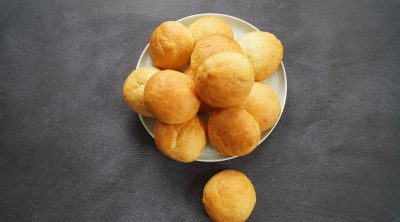
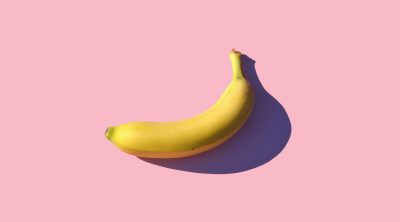
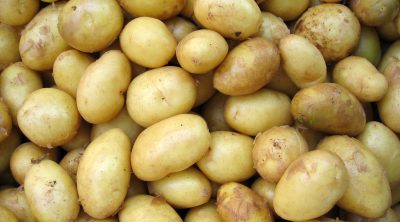
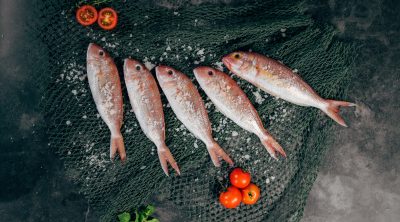
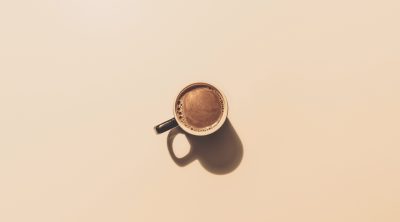
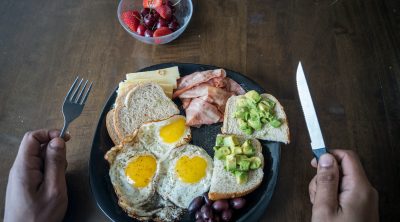
Leave a Reply